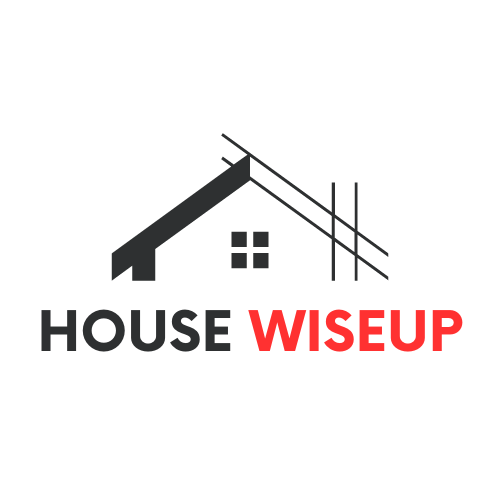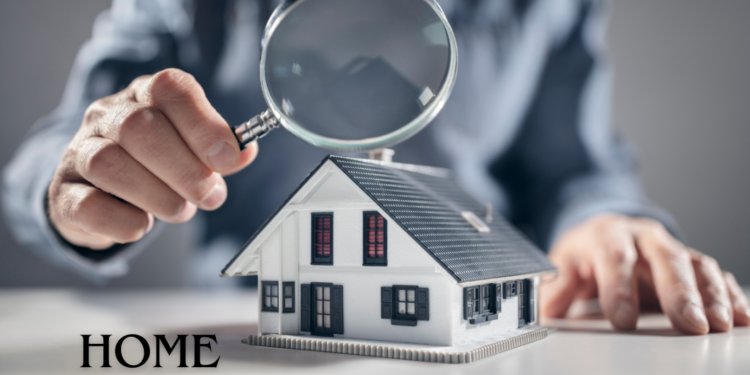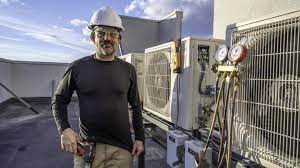Buying a house is an exciting journey filled with endless possibilities. You envision decorating the living room, planting flowers in the yard, and finally having that extra space you’ve always dreamed of. But before you start unpacking boxes, there’s one crucial step you simply cannot skip: the home inspection. A home inspection is a deep dive into the bones of your potential new home. It ensures that what you see is truly what you’re getting—or, more importantly, alerts you to what you might be missing.
Think of it as the last line of defense between you and unforeseen disasters like a leaky roof, faulty wiring, or, heaven forbid, a termite infestation. Skipping a home inspection might save you a few hundred dollars upfront, but it could cost you thousands in repairs down the road. Let’s explore why this seemingly simple process is the key to unlocking peace of mind in your home-buying journey.
What Exactly Is a Home Inspection and Why Is It So Important?
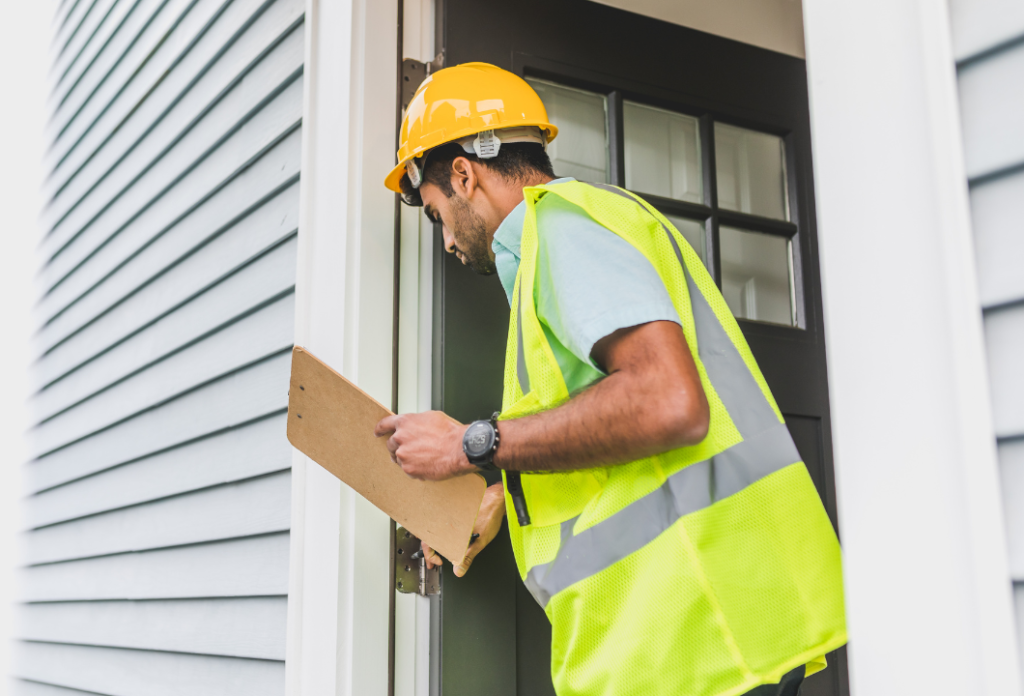
In essence, a home inspection is a detailed evaluation of a property’s condition, conducted by certified building inspectors. These professionals leave no stone unturned, examining everything from the foundation and plumbing to electrical systems and roof integrity. They’ll also conduct specialized inspections such as termite inspection and home air quality testing to uncover hidden dangers. Imagine buying a home without realizing the roof is on its last leg or that termites have been quietly feasting on your wooden beams for years. A thorough house inspection saves you from such nasty surprises, offering a clear picture of the property’s true state.
Moreover, the home inspection cost is a fraction of what you’d spend fixing issues after closing the deal. Depending on the size of the property and the scope of the inspection, you can expect to pay anywhere from $300 to $700. While this may seem like a significant upfront expense, it’s a small price to pay for the long-term savings and peace of mind you’ll gain. A professional property inspector doesn’t just identify problems—they provide you with a roadmap to either negotiate repairs with the seller or make informed decisions about taking on the property.
Unmasking the Hidden Issues: Why You Can’t Rely on Appearances

A house might look perfect on the surface, but a deeper look can reveal a different story. That pristine paint job? It could be hiding water damage. The new carpet? It might be covering up mold or cracked tiles. This is where professional house inspection services come in. A certified roof inspector, for instance, can assess the condition of your roof, pointing out missing shingles, weak spots, or drainage issues that might lead to expensive repairs. Similarly, termite inspections are crucial in protecting your investment from these silent destroyers that often go unnoticed until significant damage is done.
Then there’s the question of indoor air quality. Have you ever walked into a home and felt a strange musty smell? It could be more than just an old carpet—it could be a sign of mold or poor ventilation. Home air quality testing as part of your home inspection services ensures that you and your family are not breathing in harmful substances like mold spores or radon gas. This step is especially important for homes in areas prone to damp conditions or older homes that might have hidden asbestos.
The True Value of a Home Inspection
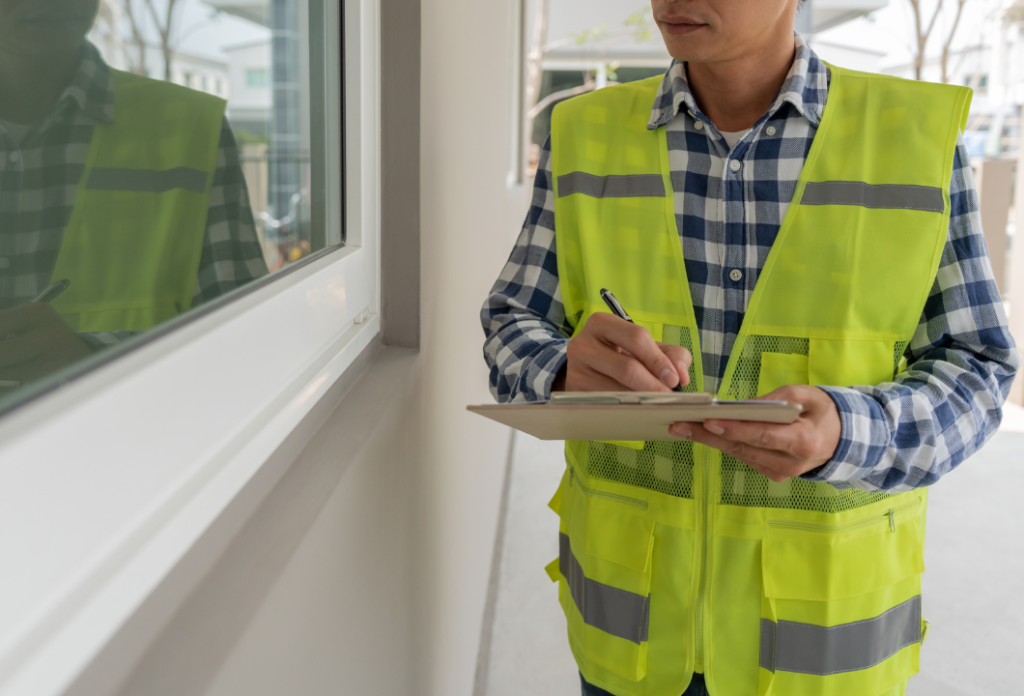
It’s easy to get sticker shock when you hear about the home inspection cost, but let’s put it into perspective. Paying $500 today could save you tens of thousands of dollars in unexpected repairs tomorrow. Imagine moving into your new home, only to discover the HVAC system doesn’t work, the roof leak during the first storm, or termites have made the wooden porch their personal buffet. A professional property inspector can identify these issues early, giving you the power to negotiate with the seller to cover repairs or lower the sale price. If the problems are extensive, the inspection report might even give you the option to walk away entirely, saving you from a financial nightmare.
Specialized Inspections You Shouldn’t Overlook
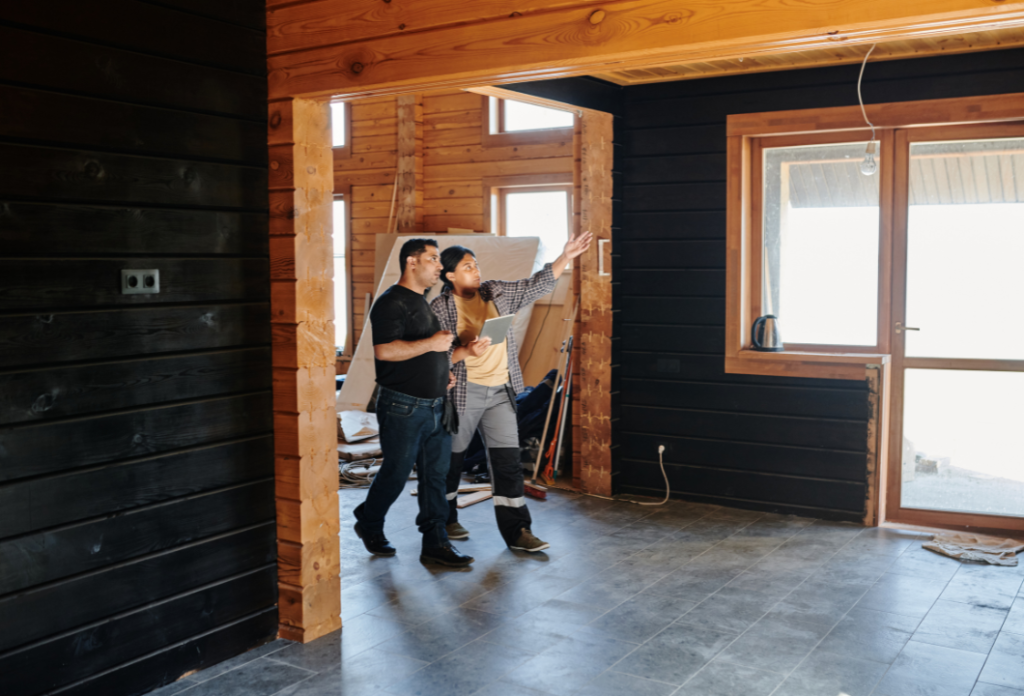
A comprehensive home inspection covers a lot, but some aspects require extra attention. For instance, a roof inspector will thoroughly evaluate the roof’s condition, from shingles to gutters, ensuring that it can withstand the elements for years to come. Similarly, a termite inspection is a must for any home with wooden structures, as these tiny pests can cause catastrophic damage over time.
Another critical component is home air quality testing. Poor air quality inside a home can lead to health issues like allergies, asthma, and even long-term respiratory problems. Building inspectors equipped with air quality testing tools can measure for harmful gases like radon or detect hidden mold, ensuring the home is safe for your family. Including these specialized inspections as part of your house inspection services may slightly increase the cost, but the benefits far outweigh the expense.
How to Choose the Right Home Inspection Services

Not all home inspection services are created equal, so choosing the right team is critical. Start by looking for certified building inspectors with a proven track record. Check reviews, ask for references, and ensure they offer all the specialized services you might need, from termite inspections to home air quality testing. A good property inspector will provide a detailed report, complete with photos, explanations, and recommendations. This document is your guide to understanding the home’s condition and planning your next steps, whether that’s negotiating with the seller or budgeting for future repairs.
Final Thoughts: A Small Investment for Big Peace of Mind
A home inspection isn’t just a box to check off your to-do list—it’s a vital step in making one of the most significant financial decisions of your life. By investing in a thorough house inspection, you’re not just buying a home—you’re buying peace of mind. Whether it’s a termite inspection, a roof inspector’s evaluation, or home air quality testing, each aspect of the process is designed to protect you from hidden costs and health risks. So before you sign on the dotted line, make sure you have a trusted team of building inspectors on your side. Your future self—and your wallet—will thank you.
FAQ
What does inspect home mean?
Inspecting a home means thoroughly examining a property to check its condition. It usually involves assessing the structure, plumbing, electrical systems, and more. This is often done before buying or selling a house to identify any issues, like repairs or maintenance needs, ensuring the home is safe and functional.
Why Every Homebuyer Needs a Home Inspection?
Oh, absolutely every homebuyer needs a home inspection! It’s like a safety net—you don’t want to find out your dream home has termites or a leaky roof after moving in. It gives you peace of mind, saves you money on surprise repairs, and ensures you’re making a smart investment.
What are things that fail a home inspection?
Sure! Some common things that fail a home inspection include roofing issues, electrical problems, plumbing leaks, foundation cracks, mold, pest infestations, HVAC malfunctions, and poor insulation. Inspectors also check for water damage and safety hazards like outdated wiring or missing smoke detectors. Fixing these beforehand can save you trouble!
How long does a home inspection take?
A home inspection typically takes 2 to 4 hours, depending on the size and condition of the property. Larger or older homes might take longer due to more details to check. It’s best to allow enough time so the inspector can thoroughly evaluate everything for your peace of mind.
What is the biggest red flag in a home inspection?
The biggest red flag in a home inspection is discovering foundation issues. Cracks, uneven floors, or doors that don’t close properly can indicate structural problems. These repairs are often expensive and complex, potentially leading to long-term headaches. Always prioritize addressing foundation concerns before proceeding with a purchase.
